I try to hold on to the feelings as they arise, and there are so many when one has a family member serving in the U.S. military in Iraq; intense feelings that are real, immediate, conflictual.
Perhaps daily I go through a process of grieving in which I deny that anything has changed, bargain with what I could do to bring back the way it was, then become frustrated around how our lives are impacted without our having say....but I have not experienced acceptance and even when I mouth the words such as, take one day at a time, these are cerebral phrases with no connection to the feelings of acceptance.
I've been reading two poetry anthologies late at night--Daniela Gioseffi's Women on War: an international anthology of women's writings from antiquity to the present, Feminist Press, and
Carolyn Forche, Against Forgetting, Twentieth Century Poetry of Witness, Norton.
I read to find between the lines the element of hope. I read to appreciate how the poem is a space where suffering is transcended. For example, Turkish poet, Nazim Hikmet (1902-1963), who wrote in prison and was released in 1951 thanks in part to the efforts of Jean-Paul Sarte, Pablo Neruda, and Pablo Picasso. In his four-page poem, Things I Didn't Know I Loved, written during the last year of his life, Hikmet compiles a list of those things he loves but didn't know until now, when his life is almost over, as he rides the train in the pitch-black night. Try to read it--a meditation on how, even in a life challenged with human rights abuse, one may stay open to wonder, a deepening awareness and appreciation for life on this planet--its rivers, clouds, snow and rain, and the flowers, not to mention the meanings behind these things. I particularly love the eleventh stanza: flowers come to mind for some reason/poppies cactuses jonqils/in the jonquil garden in Kodikoy Istanbul I kissed Marika/fresh almonds on her breath/I was seventeen/my heart on a swing touched the sky/I didn't know I loved flowers/friends sent me three red carnations in prison/
And what are the things I didn't know I loved? And you? Will I write a poem list, sketch a scene or weave a basket to contain these things?
Wednesday, March 26, 2008
Subscribe to:
Post Comments (Atom)
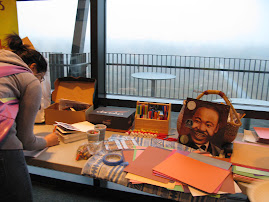
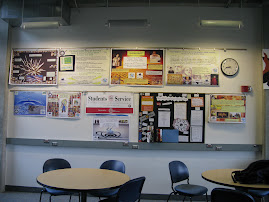
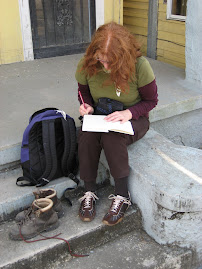
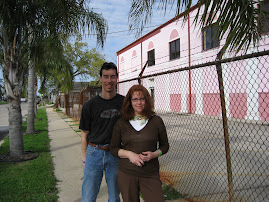
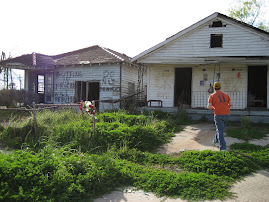
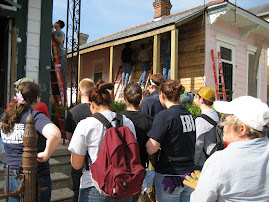
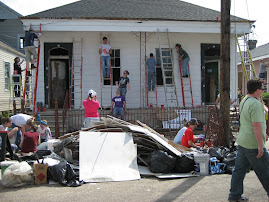
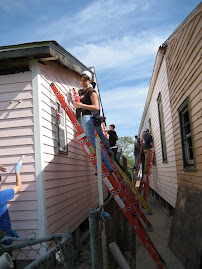
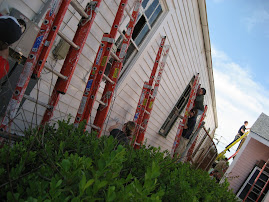
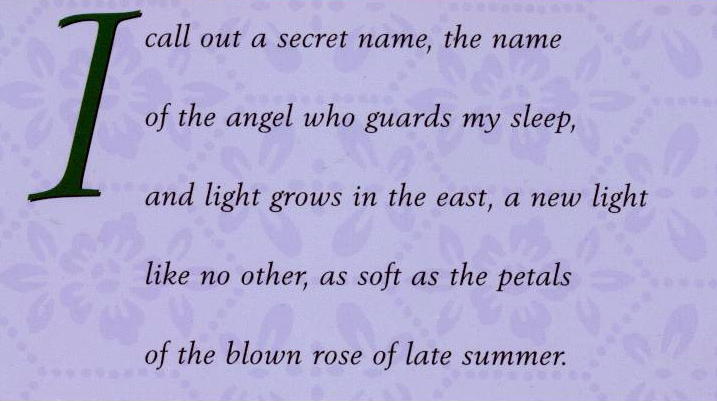
No comments:
Post a Comment